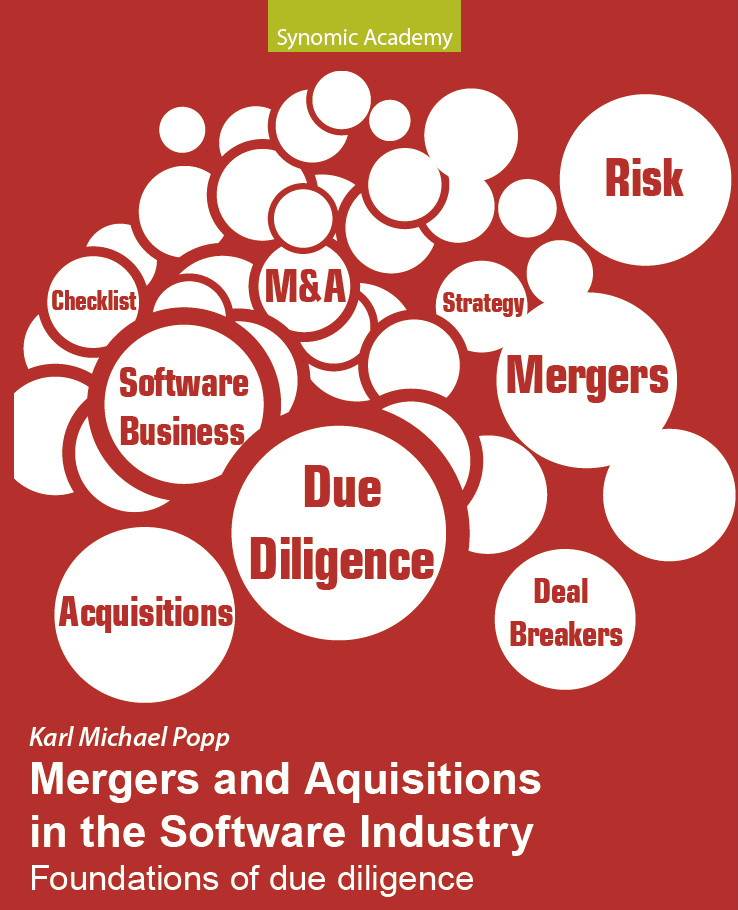Why divestitures fail, lessons from failures
Divestitures, the strategic act of selling off a part of a business or asset, can be a double-edged sword. On one hand, they offer a golden opportunity to streamline operations, realize value, and refocus efforts on core competencies. On the other hand, they often come with a hefty price tag of failure. In this blog post, we delve into the treacherous terrain of divestiture failures and draw valuable lessons that can help businesses navigate this complexity.
First and foremost, one of the key reasons divestitures fail is the lack of thorough planning. Many companies embark on divestitures without a solid understanding of the potential hurdles and intricacies involved. Without a clear roadmap, companies find themselves lost in a sea of uncertainty, leading to erosion of shareholder value and lost opportunities.
Moreover, poor communication plays a significant role in the downfall of divestitures. Whether it's between the parent company and the buyers or within the divested entity itself, misalignment of expectations, goals, and visions can quickly derail the entire process. Successful divestitures require open and transparent communication channels to ensure all parties are on the same page.
Another critical factor contributing to the failure of divestitures is a lack of dedicated resources. Divesting a portion of the business demands a considerable amount of time, effort, and resources. Neglecting to allocate the necessary resources can hinder the divestiture process, leading to delays, incorrect valuation, and ultimately, failure to achieve the desired outcomes.
Furthermore, undervaluing the power of due diligence can prove disastrous in divestitures. Thoroughly assessing the financial, legal, and operational aspects of the divested asset is imperative. Failure to uncover hidden risks or address crucial details during due diligence can expose the buyer and divested entity to unforeseen liabilities, damaging the prospects of a successful divestiture.
Lastly, overlooking the importance of post-divestiture integration can significantly undermine divestiture success. Even after the divestiture is completed, ensuring a seamless integration of systems, processes, and cultures is vital for the divested entity to thrive independently. Neglecting this aspect can result in a loss of synergies and operational efficiency, eroding the intended benefits of the divestiture.
In conclusion, divestitures are not without their fair share of pitfalls. However, by studying the failures of past divestitures, businesses can equip themselves with a better understanding of the challenges and take proactive measures to mitigate risks. Thorough planning, effective communication, resource allocation, due diligence, and post-divestiture integration are all essential components of a successful divestiture. With the right approach, businesses can divest strategically and unlock the full potential of their organizations.









